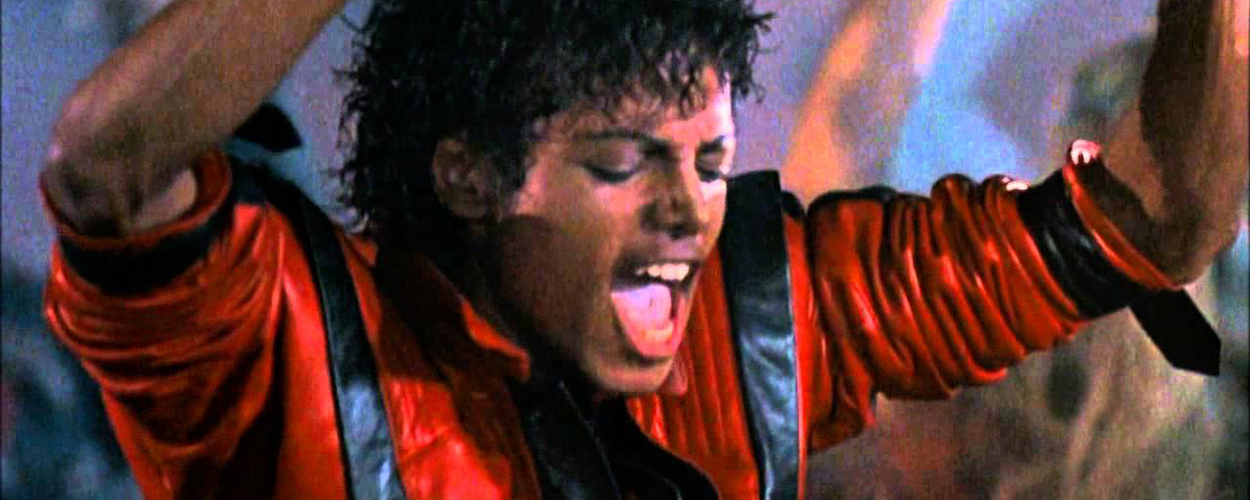This website uses cookies so that we can provide you with the best user experience possible. Cookie information is stored in your browser and performs functions such as recognising you when you return to our website and helping our team to understand which sections of the website you find most interesting and useful.
Business News Legal
Court dismisses posthumous child abuse claim against Michael Jackson
By Andy Malt | Published on Friday 22 December 2017

A court has dismissed a sexual harassment claim made posthumously against Michael Jackson. This is the second such ruling made against the case.
As previously reported, choreographer Wade Robson launched his legal action in 2013, alleging that Jackson had sexually abused him over a seven year period from his early teens.
Legal reps for the Jackson Estate hit back at the allegations, noting that Robson had testified for the defence in the singer’s 2005 criminal trial over other child abuse claims – at which Jackson was acquitted – taking to the witness stand to deny he had ever been molested by Jackson and criticising other witnesses who said he had.
Robson had also paid tribute to Jackson at the time of his death in 2009. But the accuser’s legal rep said – when he later went legal – that psychological damage caused by the abuse had prevented her client from accepting he had been molested by the singer as a child until more recently.
In 2015, the Jackson estate itself was dropped as a defendant – a court then ruling that Robson had left it too late to go legal. He was, a judge said, four years past the statute of limitations, having failed to pursue a legal case before he turned 26.
However, Robson continued on with his legal claim, seeking damages from two companies controlled by the estate, MJJ Productions and MJJ Ventures. It is these claims that have now been dismissed on the same grounds after the companies requested a summary judgement.
According to the Hollywood Reporter, judge Mitchell Beckloff said: “There is no dispute plaintiff brought this action well after his 26th birthday. Today plaintiff is 35 years old; he was 30 years old when he filed this action … Plaintiff filed his action four years too late, and his action is barred by the statute of limitations”.
The judge also argued that Jackson’s companies could not be held liable for the actions of their owner. Although, he noted, there would be an exception – both to the liability of the companies and the cut-off for the statute of limitations – if either company was aware of unlawful sexual conduct by an employee and failed to take action. However, there was no evidence that this was the case, said the judge.
“Here defendants’ relationship with Michael Jackson did not result in the exposure of plaintiff to the alleged sexual abuse”, said Beckloff. “These facts distinguish this case from those where the sexual abuse suffered was directly related to the inherent relationship between the perpetrator and the entity such as teacher/school, scout master/scouting organisation, priest/church or coach/youth sports organisation”.
In a statement to THR, the Jackson estate said that it “believes the court made the correct decision”. Attorney Howard Weitzman added: “In my opinion Mr Robson’s allegations, made 20+ years after they supposedly occurred and years after Mr Robson testified twice under oath – including in front of a jury – that Michael Jackson had never done anything wrong to him, were always about the money rather than a search for the truth”.
Robson, meanwhile, indicated that he intends to appeal the latest ruling, saying: “I respect but disagree with the court’s ruling and will be challenging it through the appellate courts. I am determined to see this case through to a determination on the factual merits by a jury of twelve”.





